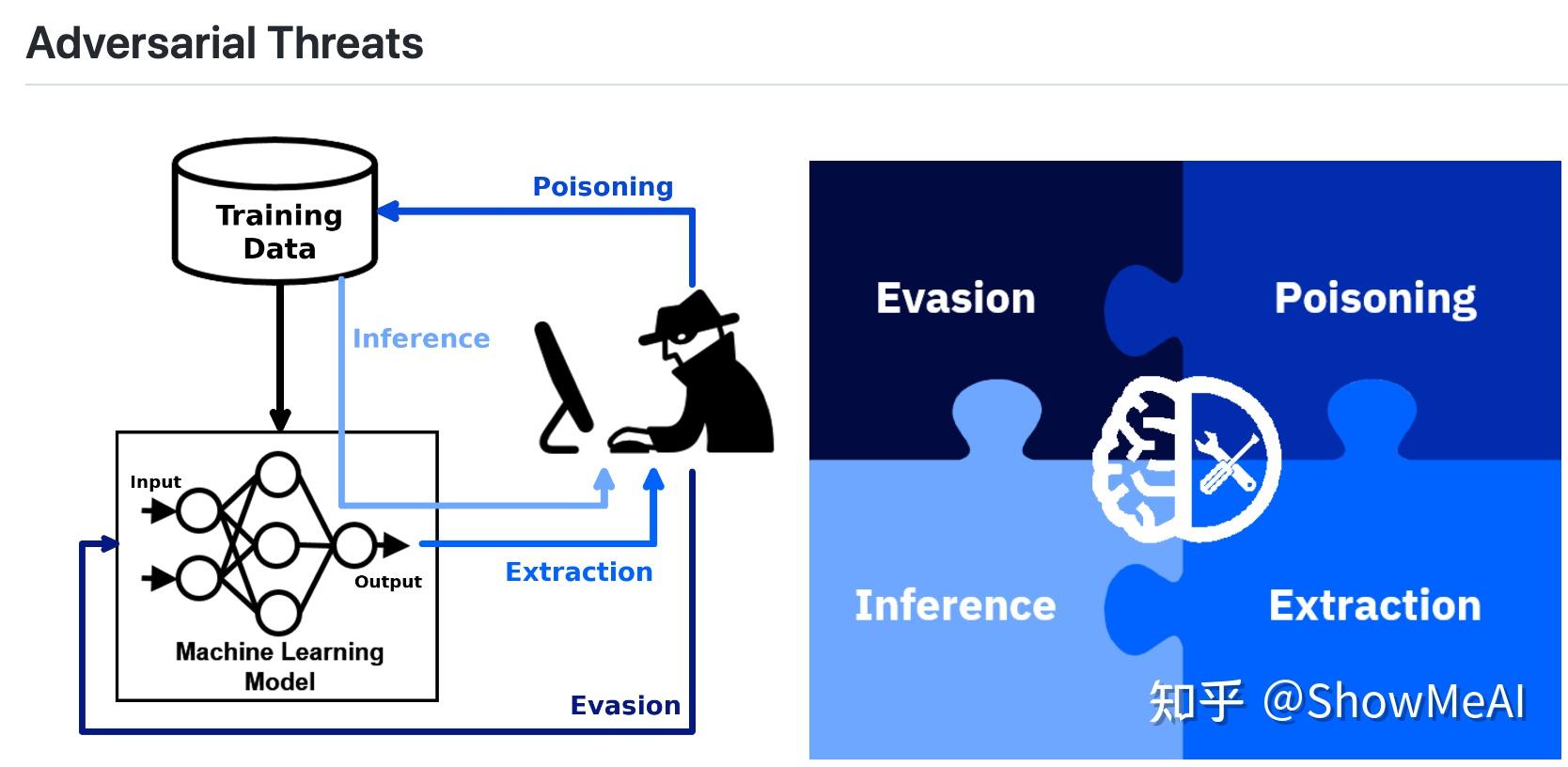|
In recent years, robotics has emerged as one of the most exciting fields in technology. With rapid advancements in artificial intelligence (AI), machine learning, and automation, robots have become increasingly sophisticated and capable of performing complex tasks in various industries. This article explores the latest innovations in robotics and their potential to revolutionize our future. One significant area where robotics is making a significant impact is manufacturing. Traditional assembly lines are being replaced by robotic systems that can work with precision, speed, and consistency. These robots can handle repetitive tasks efficiently while minimizing errors, leading to increased productivity and cost savings for businesses. Moreover, collaborative robots, known as cobots, are designed to work alongside humans, enhancing productivity and safety in factory settings. Robotic applications are not limited to manufacturing alone. In the healthcare sector, robots are assisting surgeons during complex procedures, enabling greater precision and reducing the risk of human error. They can also be used for patient care, including monitoring vital signs, dispensing medication, and providing companionship to the elderly. Additionally, autonomous drones equipped with medical supplies are transforming emergency response systems by delivering essential resources to remote or disaster-stricken areas. Furthermore, the field of autonomous vehicles is rapidly expanding, promising to revolutionize transportation. Self-driving cars are becoming more advanced, utilizing sensors, cameras, and AI algorithms to navigate roads safely. These vehicles have the potential to reduce traffic congestion, lower carbon emissions, and enhance road safety. Additionally, autonomous delivery robots are being developed to transport goods efficiently, improving logistics operations for businesses. The integration of robotics and AI has also led to advancements in the field of agriculture. Robots are being used for precision farming, where they can autonomously carry out tasks such as planting, irrigation, and harvesting crops. These robots can gather data on soil conditions, monitor plant health, and optimize cultivation practices, leading to increased crop yields and more sustainable farming practices. In the field of exploration, robots are being deployed to explore remote and hazardous environments that are inaccessible to humans. Robotic rovers have been used extensively in space missions, such as those conducted by NASA, to gather data and images from distant planets. These robots play a crucial role in expanding our understanding of the universe and paving the way for potential human colonization of other celestial bodies. As robotics continues to evolve, ethical considerations become increasingly important. With the rise of AI, questions surrounding job displacement, privacy, and the ethical use of autonomous systems must be addressed. It is crucial to ensure that robotics technology is implemented responsibly and ethically, considering the potential social and economic implications. In conclusion, robotics is at the forefront of technological innovation, with advancements in AI, machine learning, and automation driving its rapid growth. From manufacturing to healthcare, transportation to agriculture, and beyond, robots are transforming industries and revolutionizing the future. While the potential benefits are immense, it is essential to navigate the ethical challenges associated with this technology to ensure a positive and inclusive future for humanity.  |
